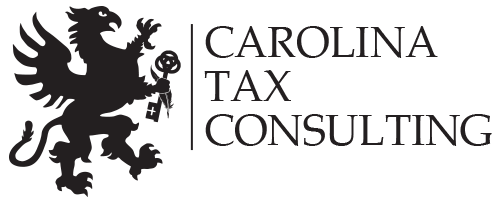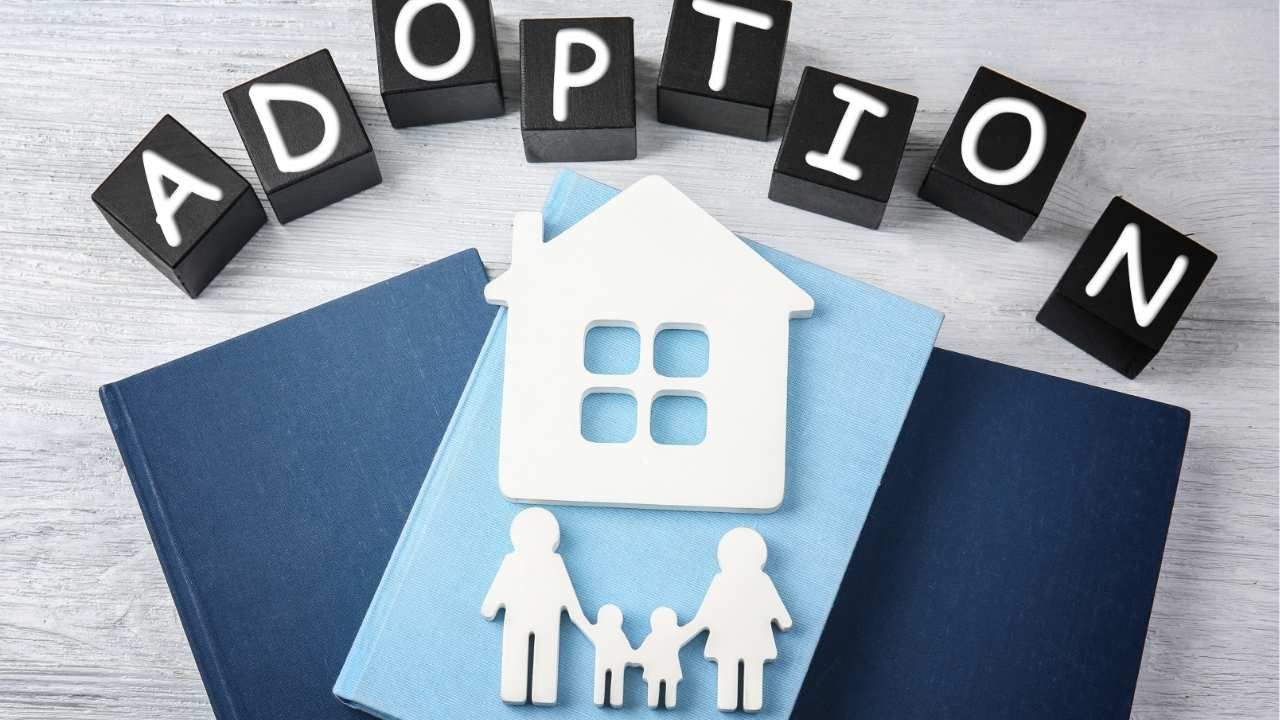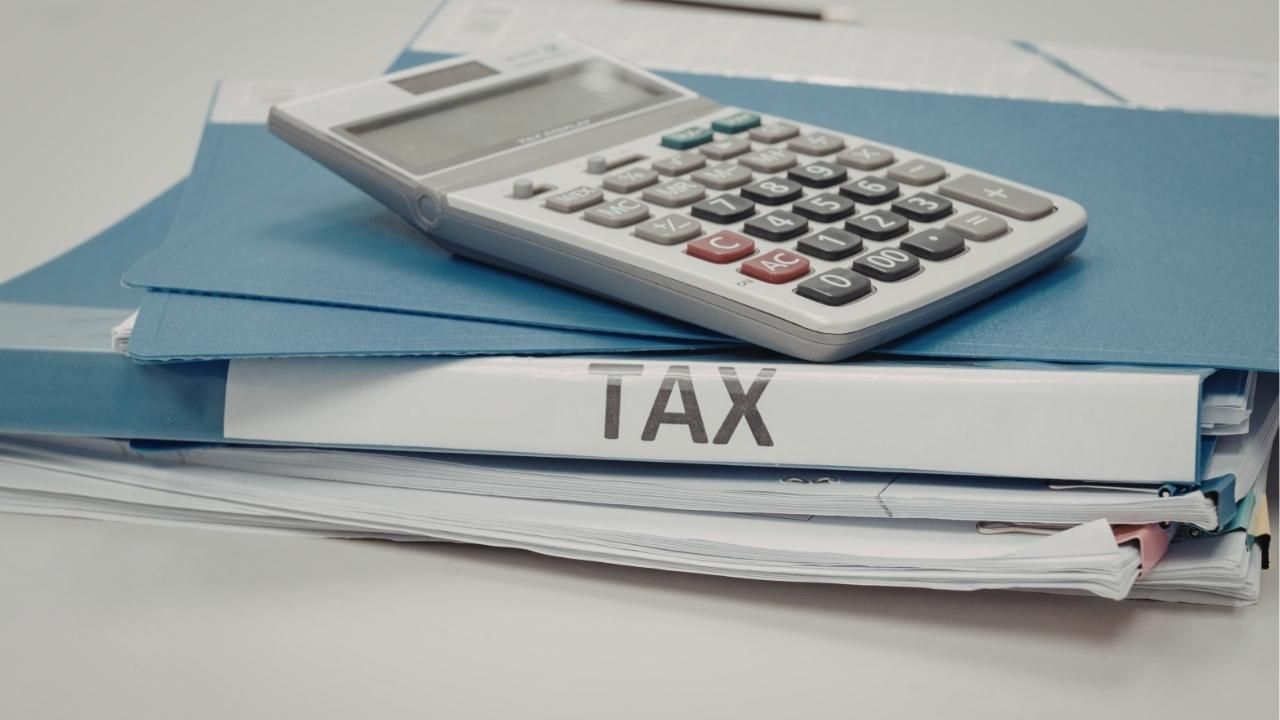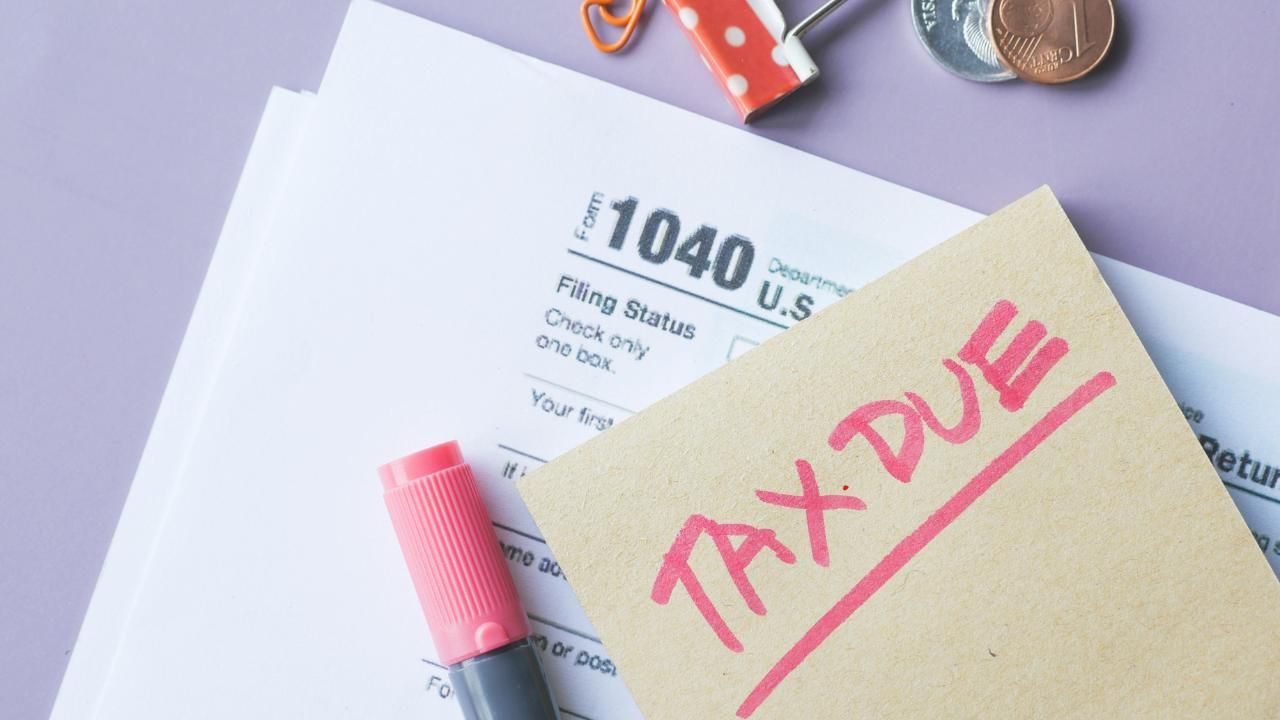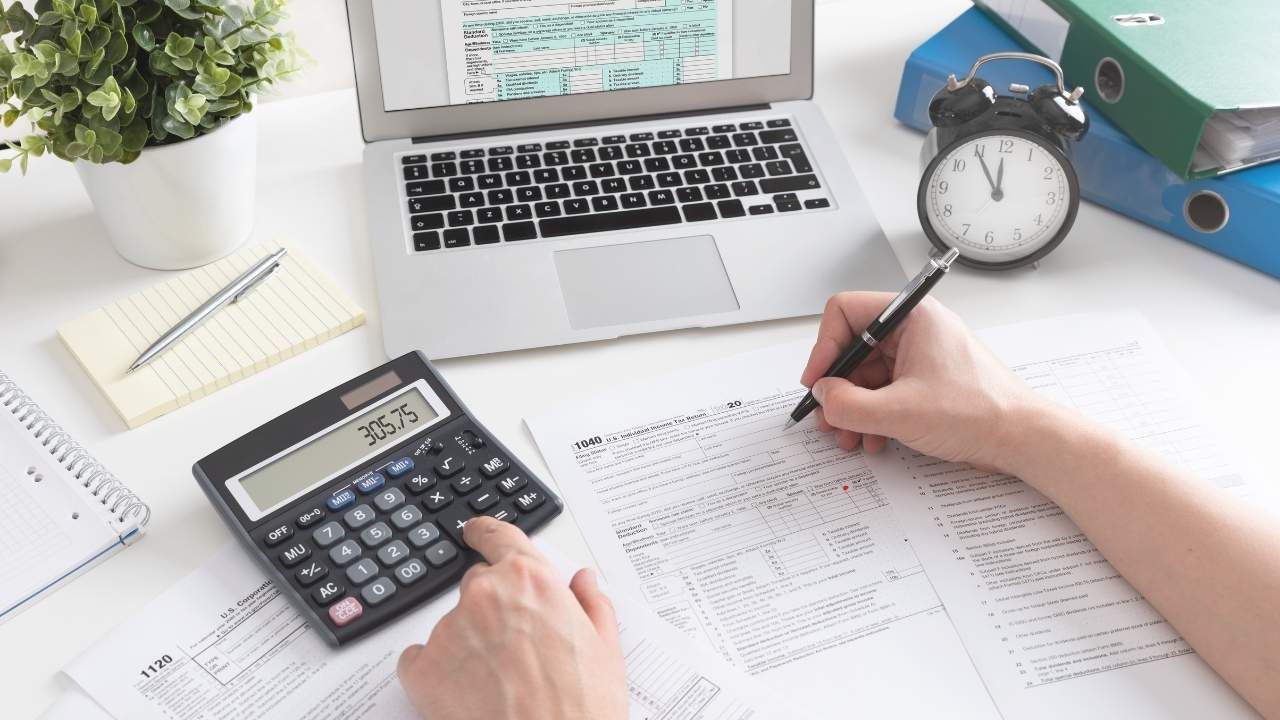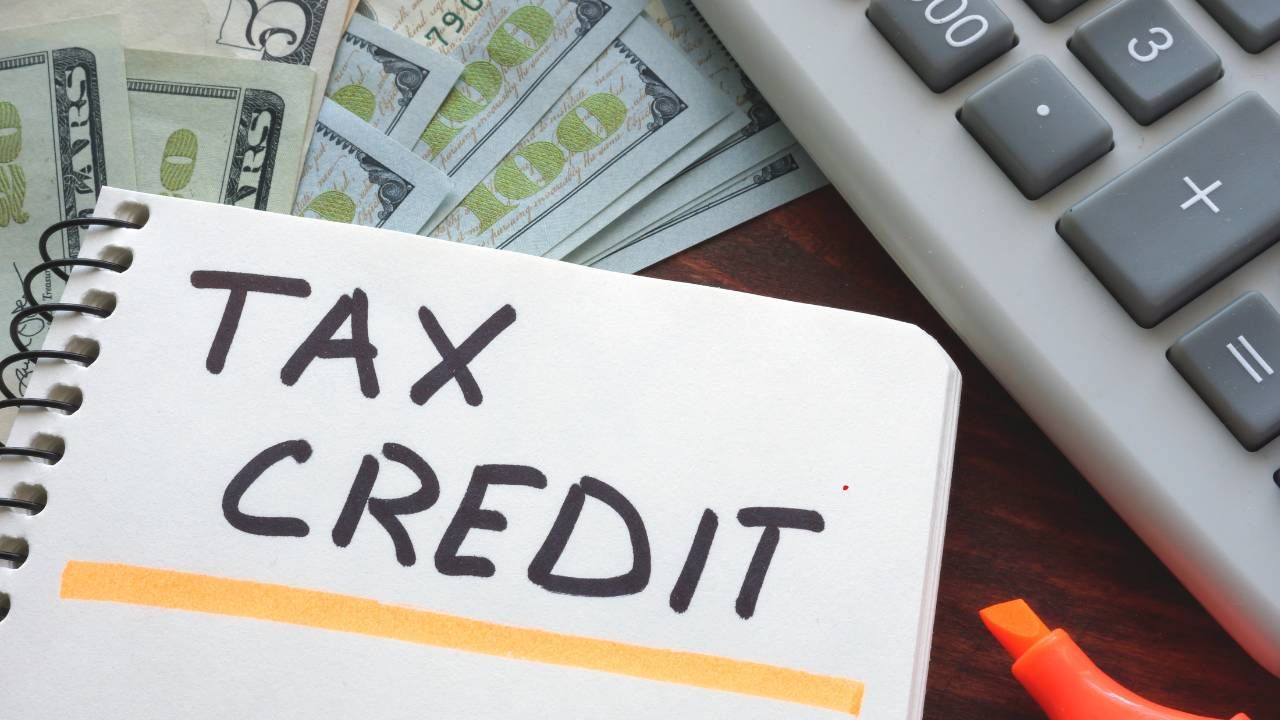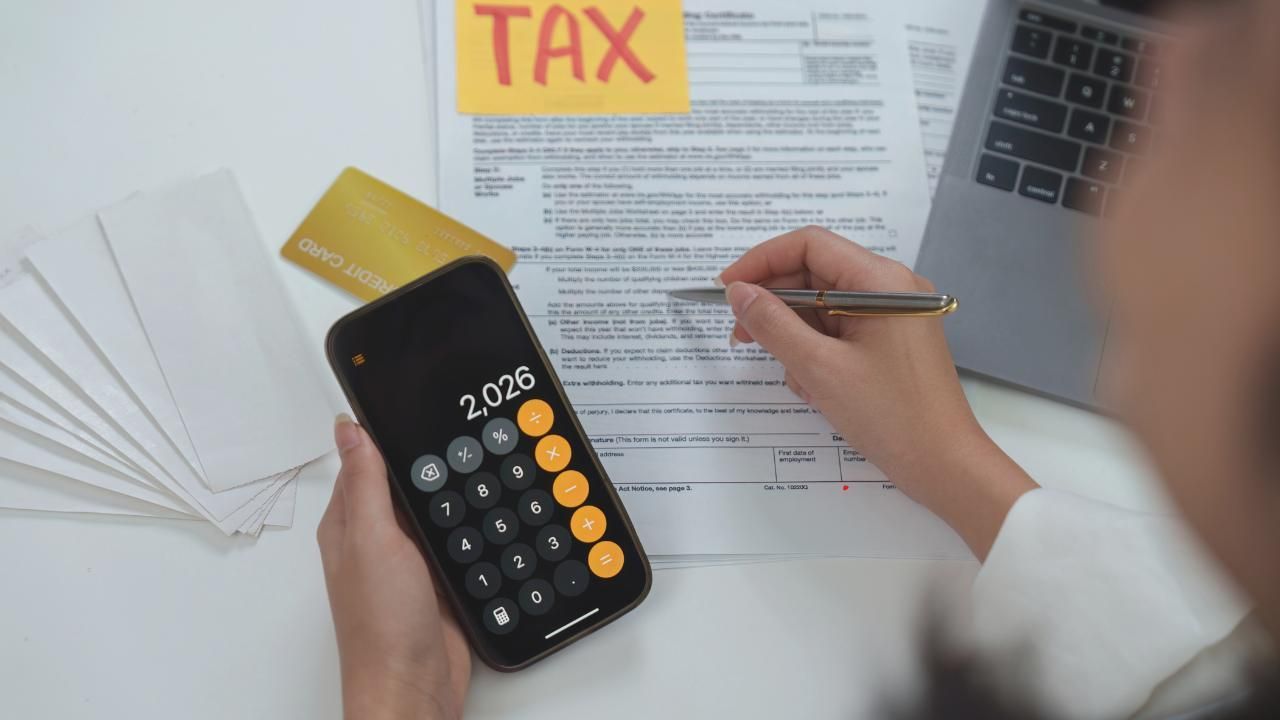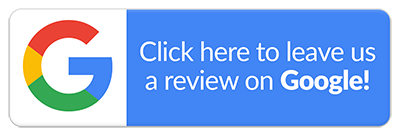Understanding Your Balance Sheet: A Guide for Non-Accountants
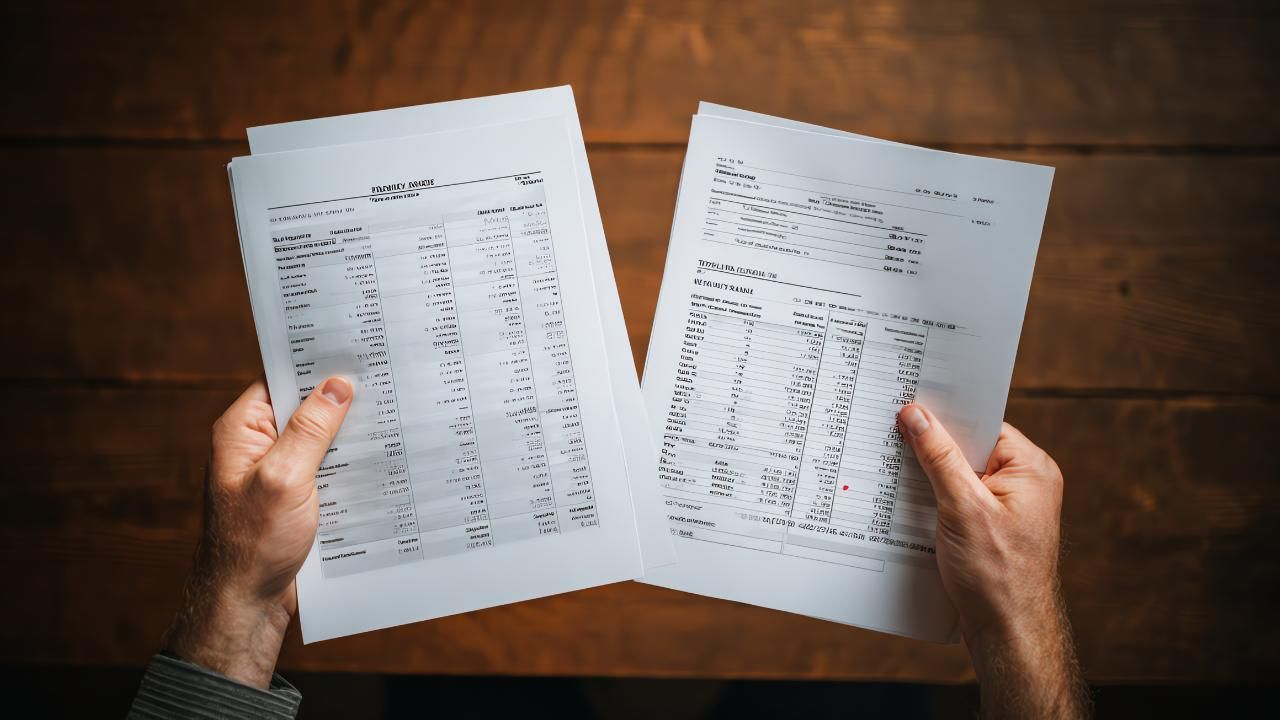
If the words assets, liabilities, and equity make your eyes glaze over, you’re not alone. Many small business owners find financial statements intimidating — yet understanding your balance sheet is one of the most powerful ways to take control of your business finances.
In this post, we’ll break down what a balance sheet is, why it matters, and how to read it even if you’re not an accountant. You’ll also see how expert help like bookkeeping and consulting services from Carolina Tax Consulting can simplify the process and keep your books in top shape.
What Exactly Is a Balance Sheet?
A balance sheet is a snapshot of your business’s financial position at a specific point in time. It shows what your company owns (assets), owes (liabilities), and what’s left over for you or your shareholders (equity).
Here’s the simple formula behind it:
Assets = Liabilities + Equity
If that equation doesn’t balance, something’s off in your records.
- Assets are things your business owns that have value — like cash, inventory, property, or equipment.
- Liabilities are what you owe — such as loans, credit card balances, or unpaid bills.
- Equity is what remains after subtracting liabilities from assets. Think of it as your ownership stake.
Even though this might sound like accounting jargon, the concept is straightforward: your balance sheet shows where your money is and where it came from.
Why Your Balance Sheet Matters
Your balance sheet isn’t just a formality for tax season. It’s a decision-making tool that tells you whether your business is financially healthy.
By regularly reviewing your balance sheet, you can:
- Monitor financial stability: Quickly see if you have enough assets to cover debts.
- Spot trends early: Compare this month’s or quarter’s numbers to spot growth or warning signs.
- Support loan applications: Lenders and investors rely on your balance sheet to assess risk.
- Guide smarter decisions: Use it to plan investments, control expenses, or determine if you can expand.
In short, it’s the map that helps you steer your business in the right direction.
How to Read a Balance Sheet (Without Getting Lost)
Here’s a quick way to interpret the sections of your balance sheet:
- Start with current assets. These are items that can be converted to cash within a year — cash, accounts receivable, and inventory. They show your short-term financial flexibility.
- Review long-term assets. These include property, vehicles, and equipment — investments that support your long-term operations.
- Check current liabilities. These are debts due within a year, like short-term loans or unpaid bills.
- Look at long-term liabilities. These might include mortgages, vehicle loans, or other long-term obligations.
- End with equity. This shows your retained earnings and owner contributions — the true measure of what your business is worth to you.
If you want to understand bookkeeping for businesses on a deeper level, try comparing balance sheets from different periods. You’ll see how your company’s financial story evolves over time.
Case Study: How One Small Business Gained Control
A local café owner in Charlotte struggled to track cash flow and debt. Their balance sheet was inconsistent, making it hard to see profits clearly. After partnering with Carolina Tax Consulting, they began organizing records through monthly reconciliations and custom reports. Within six months, they discovered hidden expenses, reduced waste, and improved profit margins by 12%. The owner now reviews their balance sheet monthly — and says it’s the best business habit they’ve ever developed.
Get Expert Help When You Need It
Understanding your balance sheet doesn’t require a degree in accounting — but it does take consistency and accuracy. Partnering with professionals who offer bookkeeping and consulting services can help you maintain clean records, stay compliant, and make informed decisions with confidence.
When your books are clear, your business vision becomes clearer too.
Ready to take control of your business finances? Schedule a consultation with Carolina Tax Consulting today and turn your balance sheet into a tool for growth.
Ready to work with Carolina Tax Consulting, LLC?
Let's connect! We’re here to help.
Send us a message and we’ll be in touch.
Or give us a call today at 803-410-5885
